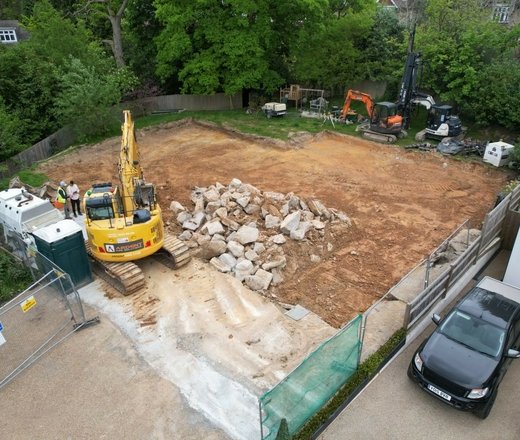Every tenant deserves a place to call home – one that is good quality and does not pose a risk to their health or safety. Although the vast majority of private landlords already do this, there are more than 2.8 million people who are paying to live in homes that are not fit for the 21st Century. In order to tackle this issue, the Government are hoping to extend the terms of the Decent Homes Standards (DHS) from the public sector to the private rental sector. Below we will share what this means and how it will affect you as a private landlord.
A fairer private rented sector
The ‘A fairer private rented sector’ white paper sets out the Government’s long-term vision for a private rented sector (PRS) that is fit for the 21st Century and delivers a fairer deal for tenants. Outlined in the white paper is the Governments plans to legislate and introduce a legally binding Decent Homes Standard for the first time under the Renters’ Reform Bill. The proposals outlined in the bill, aim to halve the number of poor-quality rented homes.
What does this mean for landlords?
If you rent out a property, your local authority will now have the power to inspect it to check that it:
- is free from the most serious health and safety hazards such as fall risks, fire risks or carbon monoxide poisoning
- is warm and dry, meeting the minimum energy efficiency standards
- is upgraded and does not fall into disrepair
- has correctly located kitchen and bathrooms with decent noise insulation
If you maintain your properties to a good standard, this will make no difference. In fact, the Government’s ‘A fairer private rented sector’ whitepaper last summer revealed that over 79% of the rental stock within the private rented sector would meet the standards set out by the DHS.
But if your properties are among the 21% that currently fall short of these standards, you will need to bring them up to scratch or face a criminal prosecution.
Additionally, the RRB will:
- scrap no fault evictions
- create a register of landlords
- introduce a private renters’ ombudsman to help enforce tenants’ rights
- make it illegal for landlords to refuse to rent properties to people who receive benefits
The RRB is expected to be debated and voted on within the next couple of months so, if you rent property, you’ll want to keep an eye on how this develops. For landlords and agents who take pride in looking after their tenants, changes that introduce minimum standards across the sector can only be a good thing.
If you are looking to rent a property or would like more information on this subject, please contact us. Our lettings team would love to help.
Market your property with Maddisons Residential
For many, the first point in their house moving journey, is to understand the value of their current home. Whether you want a quick, instant, online indication, or a more robust property specific and individual valuation, we would be delighted to help.





